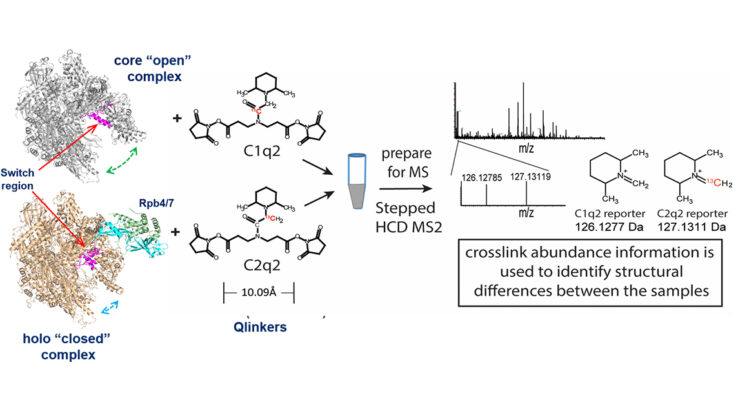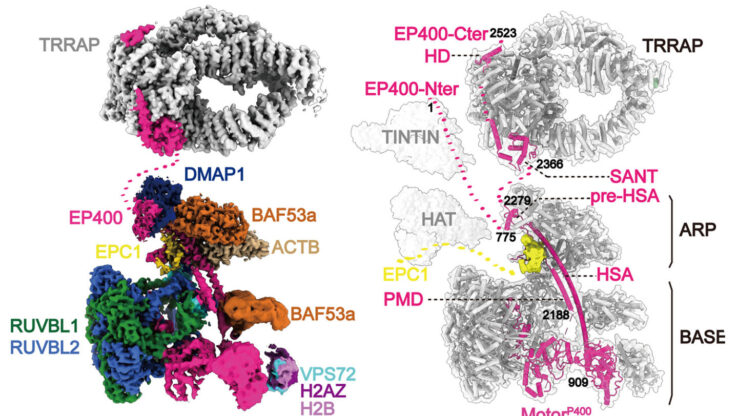Dr. Jeff Ranish Promoted to Professor
 ranish.isbscience.org/2017/06/29/jeff-ranish-promoted-professor/
ranish.isbscience.org/2017/06/29/jeff-ranish-promoted-professor/
We are pleased to announce the promotion of Jeff Ranish to Professor. Jeff has been a pioneer in the fields of mass spectrometry and gene regulation. His impressive history of innovation in mass spectrometry technology has produced novel protein-crosslinking approaches to identify large scale protein-protein interactions in complex mixtures. He has applied the innovations to important biological problems, resulting in notable findings such as the characterization of multiple topological and functional regions within transcription factor TFIIH, identification of multiple regulatory factors in the system of liver X receptor-retinoic acid receptor (LXR-RXR) heterodimers, and a quantitative approach to identify amounts of transcription factors during erythropoiesis. Jeff’s numerous collaborations with leading biologists have maximized the impact of his technological advances and produced significant advances in the understanding of transcriptional regulation. We look forward to Jeff’s continued success with research efforts that combine technological innovation with rigorous experimentation, providing an indispensable bridge between molecular biology and the systems perspective at ISB.





